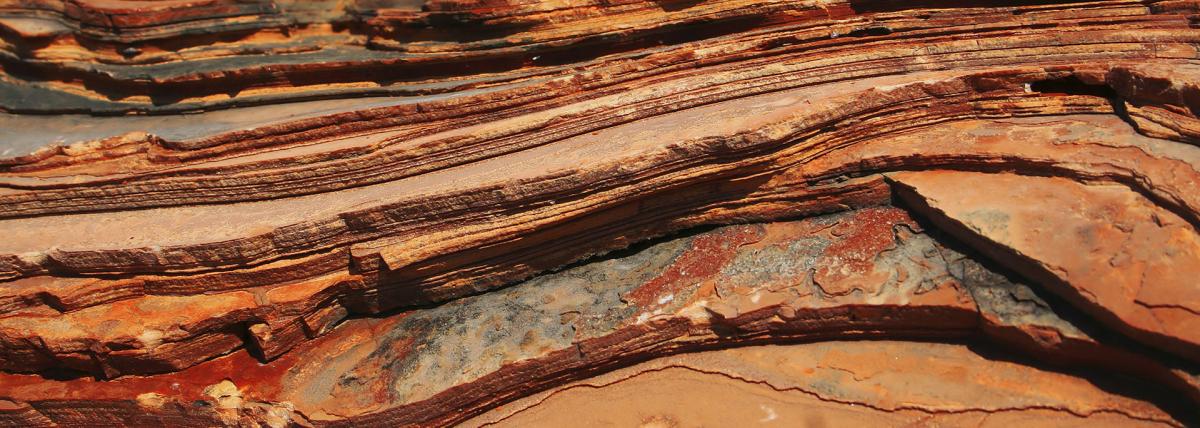
Grades:
4th Grade, 6th Grade
This is the third lesson as a part of the 4th and 6th grade crossover project. Lesson one introduces the students to the idea of abiotic and biotic factors and how they interact with each other



